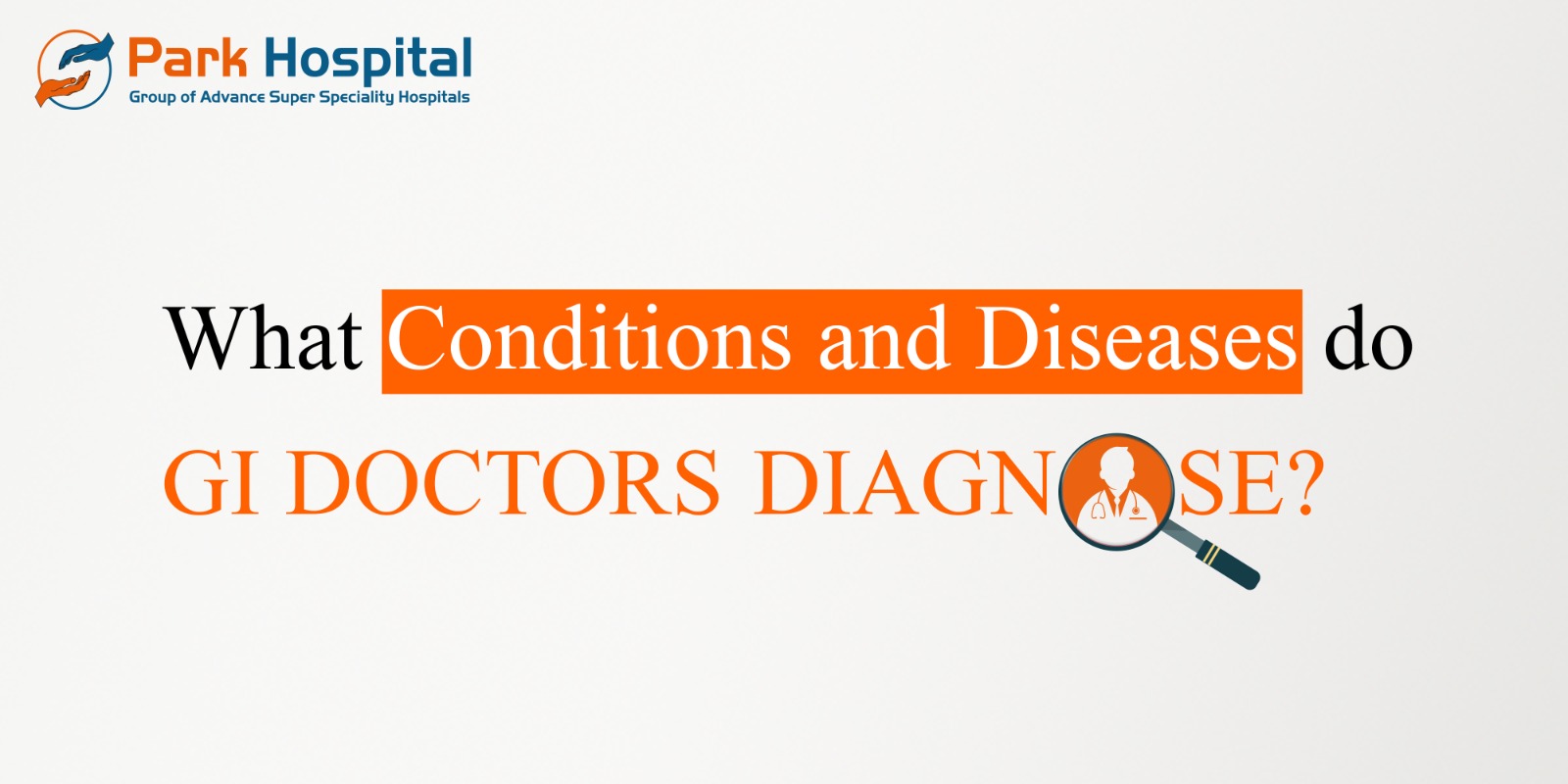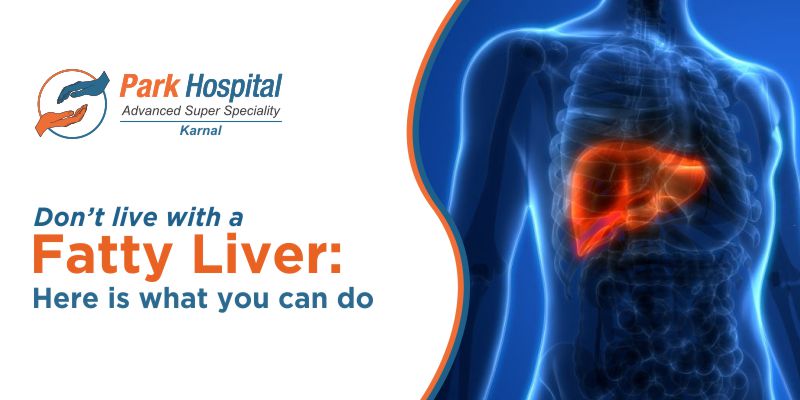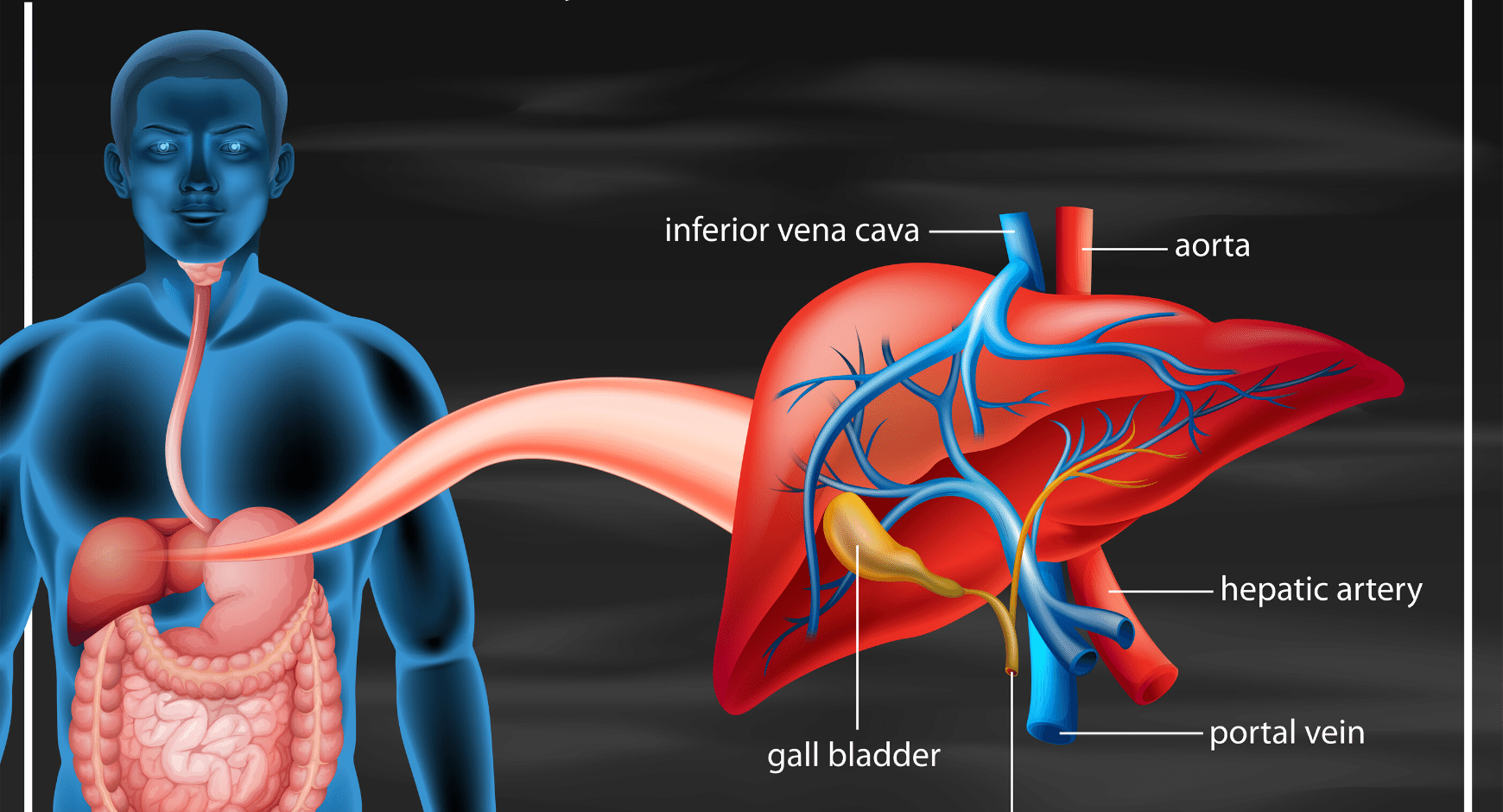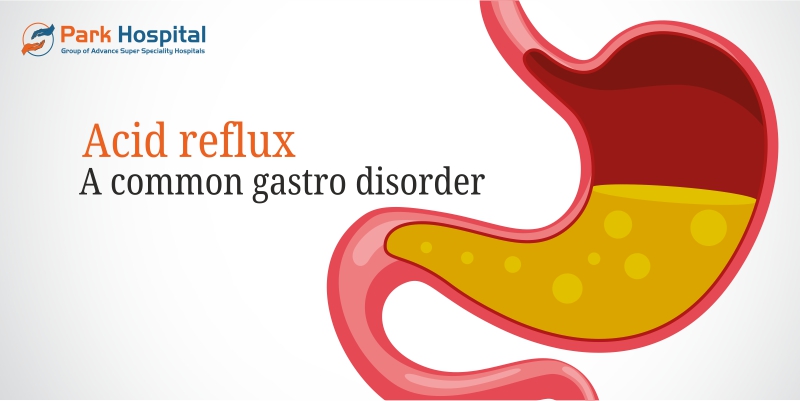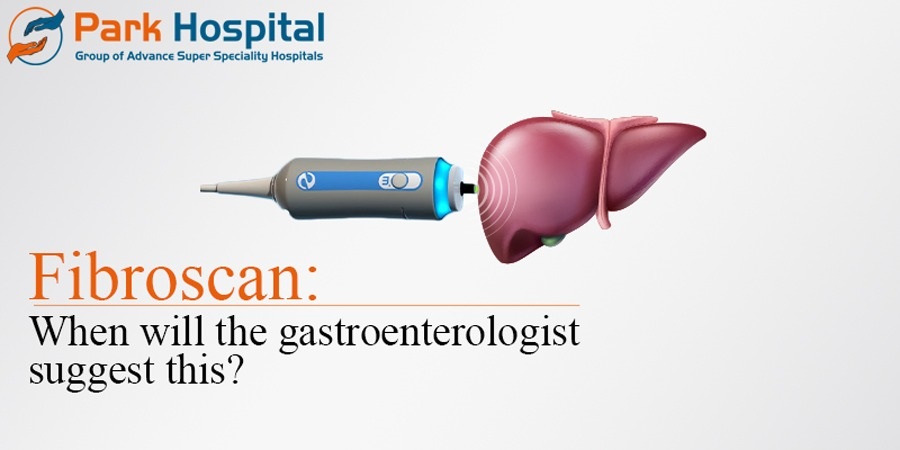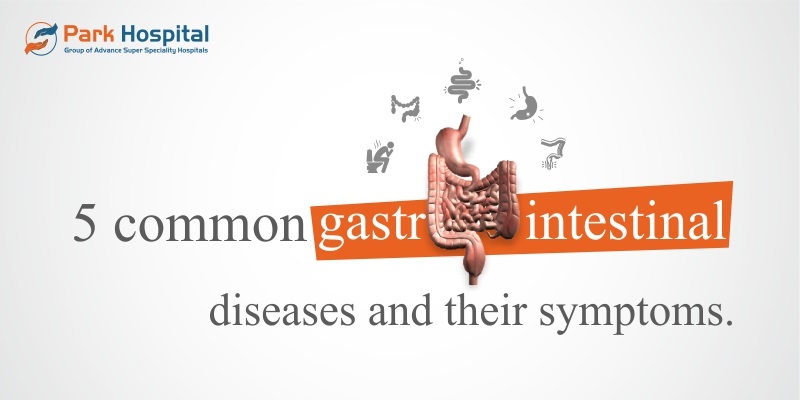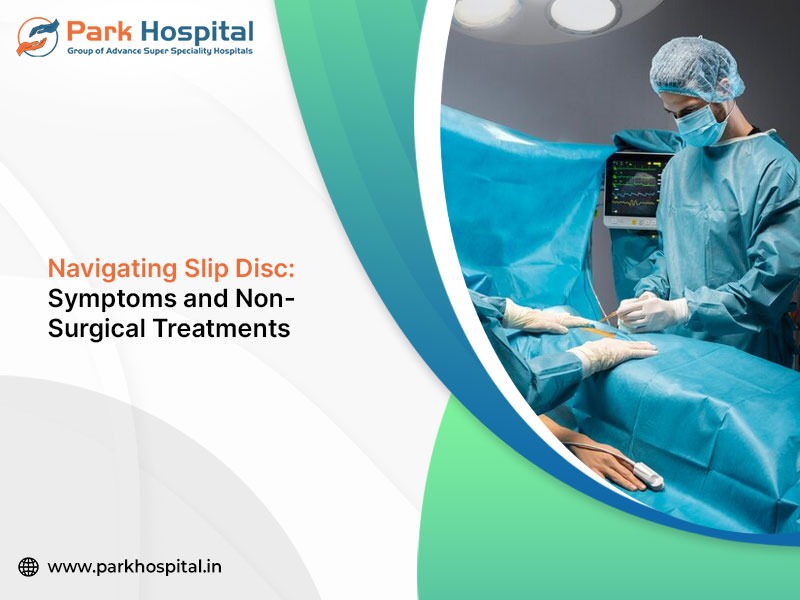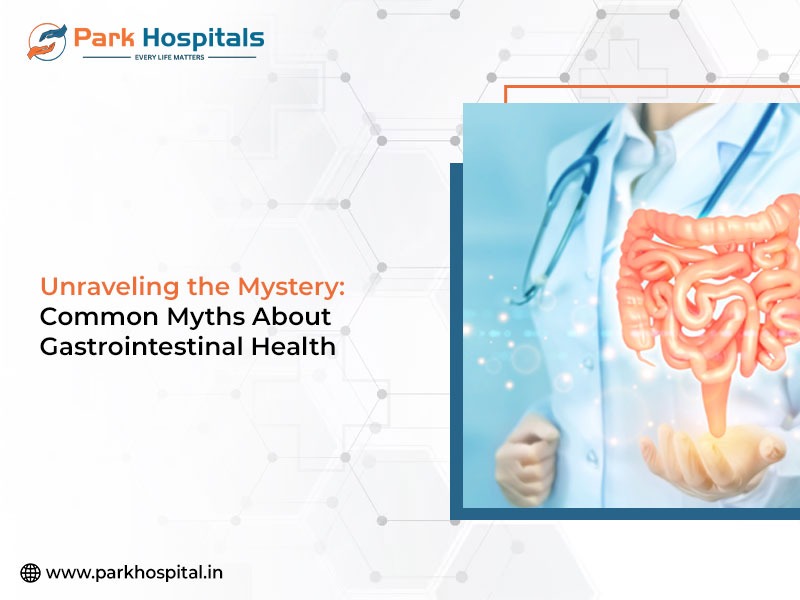Are you frequently experiencing stomach pains, bloating, or constipation? Or maybe you have a family history of digestive diseases and want to take preventative measures. If so, then it is time to get familiar with the medical specialty known as gastroenterology. But what exactly is a gastroenterologist and what do they do? In this blog post, we will explore everything you need to know about these specialized doctors who focus on diagnosing and treating conditions related to the digestive system. So, let's dive into the world of gastroenterology!
What Is a Gastroenterologist? What they do
Gastroenterology is the branch of medicine that deals with the digestive system and its disorders. The role of a gastroenterologist is to diagnose, treat and prevent diseases of the digestive system.
The digestive system includes the stomach, intestines, liver, pancreas, and gallbladder. Gastroenterologists are trained to provide care for patients with all types of digestive disorders, including those of the esophagus, stomach, small intestine, large intestine (colon), rectum, anus, liver, and pancreas.
Many different types of digestive disorders can be treated by a gastroenterologist. Some common examples include acid reflux (GERD), Crohn's disease, ulcerative colitis, irritable bowel syndrome (IBS), celiac disease, and hemorrhoids. In addition to diagnosing and treating these conditions, gastroenterologists also provide preventive care and education to help patients avoid developing these conditions in the first place.
Gastroenterologists use a variety of diagnostic tools to evaluate digestive disorders. These tools include endoscopy (a lighted tube inserted through the mouth or rectum to visually examine the GI tract), radiology (x-rays), GI motility studies (to assess muscle contractions in the GI tract), and stool tests (to check for blood or infection).
Treatment for digestive disorders may include medication, diet modification, surgery, or other therapies. In some cases, a combination of treatments is necessary.
Qualification
As said earlier, a gastroenterologist is a medical doctor who specializes in the diagnosis and treatment of disorders of the gastrointestinal tract, which includes the esophagus, stomach, small intestine, large intestine (colon), pancreas, gallbladder, biliary system, and liver.
Gastroenterologists undergo extensive training in both internal medicine and gastroenterology. After completing medical school and a residency in either internal medicine or pediatrics, they must complete a fellowship in gastroenterology, which typically lasts three years.
Gastroenterologists are experts in the management of GI disorders, including those that are chronic or complex. They also have expertise in performing endoscopic procedures such as colonoscopies and upper endoscopies. These procedures allow them to visualize the inside of the GI tract and obtain biopsies if needed.
In addition to diagnosing and treating disorders of the GI tract, gastroenterologists also play a key role in preventive care. They can provide counseling on diet and lifestyle choices that can help reduce your risk of developing GI problems. They also perform screening tests for GI cancers, such as colon cancer.
Symptoms
If you think you might need to see a gastroenterologist, there are a few key symptoms you should mention to your doctor in order to receive an accurate diagnosis and treatment plan. These symptoms include:
-Persistent abdominal pain, bloating, or discomfort
-Changes in your bowel habits (diarrhea, constipation, or alternating between the two)
-Rectal bleeding or blood in your stool
-Unexplained weight loss
-Persistent fatigue
If you experience any of these symptoms on a regular basis, be sure to bring them up with your doctor. They may recommend that you see a gastroenterologist for further evaluation.
When to see a gastroenterologist
There are many reasons why you might see a gastroenterologist. Some people see them for general issues like heartburn or indigestion, while others may need to see a specialist for more serious problems like Crohn's disease or ulcerative colitis. Here are some of the top reasons why you might need to see a gastroenterologist:
1. You have persistent digestive issues that don't seem to be improving with over-the-counter medications.
2. You have unexplained weight loss or gain.
3. You have blood in your stool.
4. You have severe abdominal pain or cramping.
5. You have difficulty swallowing or you vomit frequently.
6. You have a family history of gastrointestinal disorders.
7. You have been diagnosed with another condition that may be related to your digestive systems, such as diabetes or celiac disease.
What to Expect from a Gastroenterologist
If you have been experiencing digestive issues, your primary care physician may have suggested that you see a gastroenterologist. Gastroenterologists are medical doctors who specialize in diagnosing and treating disorders of the gastrointestinal (GI) tract, which includes the esophagus, stomach, small intestine, large intestine (colon), rectum, and anus. They also treat conditions of the liver, gallbladder, and pancreas.
For many people, the thought of seeing a specialist can be daunting. But there is no need to worry! Gastroenterologists are highly trained Medical Doctors who are experts in diagnosing and treating GI disorders. Here is what you can expect during your first visit to the gastroenterologist:
1. A thorough review of your medical history: The gastroenterologist will want to know about your recent and past digestive symptoms, as well as any other medical conditions you have or have had in the past. Be sure to bring a list of all medications (prescription and over-the-counter) that you are currently taking.
2. A physical examination: The gastroenterologist will likely perform a physical examination to check for signs of GI problems such as abdominal pain or bloating.
3. Diagnostic testing: Depending on your symptoms and medical history, the gastroenterologist may recommend one or more diagnostic tests to confirm or rule out a GI disorder. Common tests include blood tests, stool tests, imaging studies (such as X-rays, CT scans, or MRIs), endoscopy (using a camera to look inside the GI tract), and colonoscopy.
4. Treatment: If a GI disorder is diagnosed, the gastroenterologist will work with you to develop an individualized treatment plan that may include lifestyle changes and/or medications.
At your first visit, the gastroenterologist will take time to discuss your symptoms and any concerns you may have about your digestive health. Remember that it is important for you to be honest with your doctor so that they can accurately diagnose and treat your condition.
Choosing the Right One
Choosing the right gastroenterologist is important because they are experts in diagnosing and treating GI disorders. They can help you find the cause of your symptoms and develop a treatment plan that will work for you.
If you have any symptoms that may be related to a GI disorder, such as abdominal pain, blood in your stool, chronic diarrhea, or acid reflux, it’s important to see a gastroenterologist. They can perform tests and procedures to diagnose your condition and determine the best course of treatment.
You should not hesitate to contact a gastroenterologist if you have any concerns about your GI health. They can provide you with the care and treatment you need to feel better and live a healthy life.
FAQs
-What is a gastroenterologist?
A gastroenterologist is a doctor who specializes in the diagnosis and treatment of disorders of the digestive system.
-What do gastroenterologists do?
Gastroenterologists diagnose and treat disorders of the digestive system, which includes the stomach, intestines, liver, and pancreas. They also provide preventive care to help keep their patients healthy.
-What conditions do gastroenterologists treat?
Gastroenterologists treat a wide variety of conditions, including acid reflux, Crohn's disease, ulcerative colitis, irritable bowel syndrome (IBS), and pancreatitis. They also provide screenings for colon cancer and other gastrointestinal disorders.
-How can I find a gastroenterologist near me?
You can search for a gastroenterologist near you by using our Find a Doctor tool.
Schedule A Visit Today
If you or your loved ones are experiencing any of the above explain problems, you should consult a gastroenterologist at the gastroenterology & gastro care hospital -Park Hospital. This hospital is known for offering best-in-class treatment and services by gastroenterologists who are medical doctors and specialize in disorders of the digestive systems. They are experts in the diagnosis and treatment of conditions affecting the esophagus, stomach, small intestine, large intestine (colon), rectum, liver, gallbladder, and pancreas.
With the leading digestive professionals, you will be provided with the information and treatment that you need. Feel free to get in touch. Contact the hospital to request an appointment.



